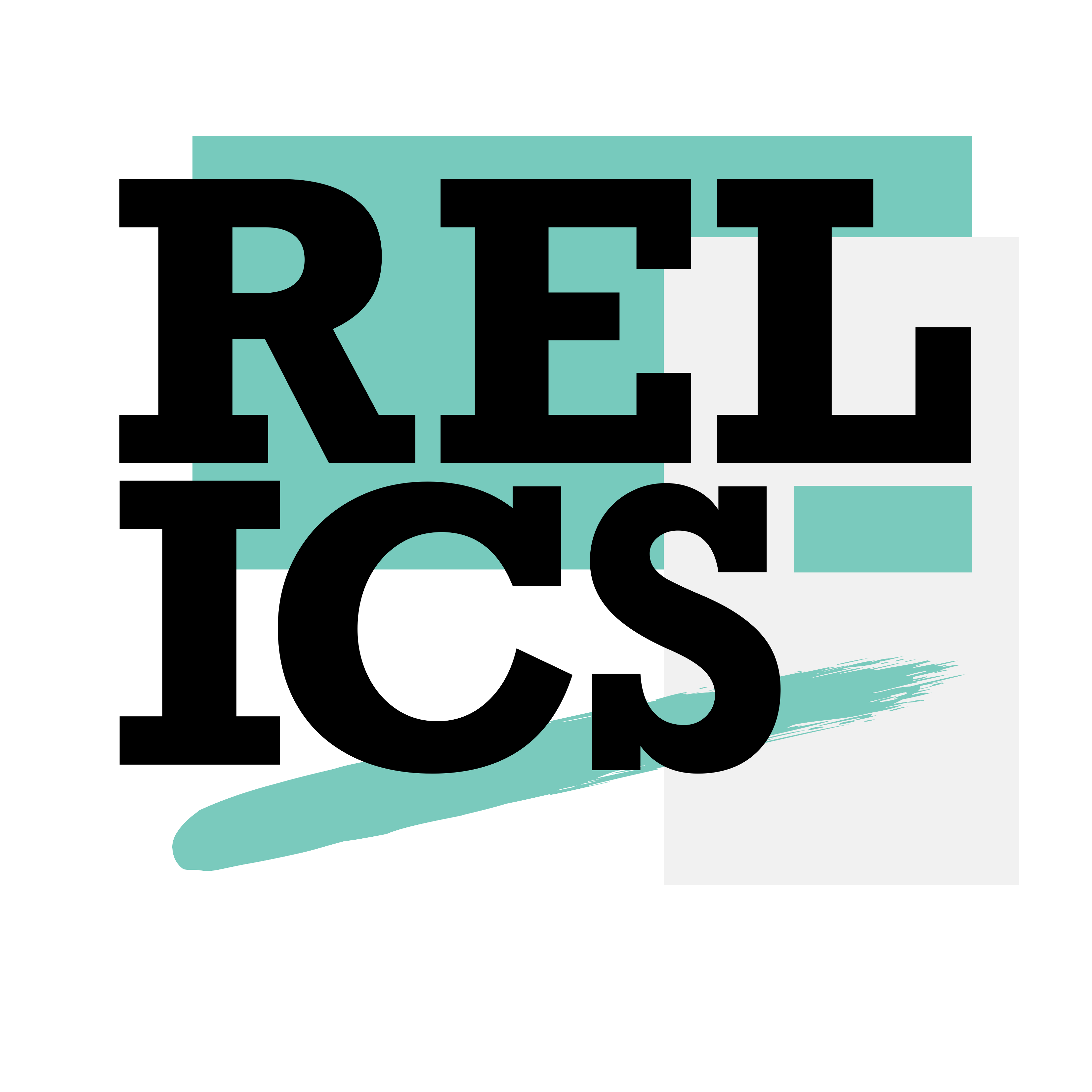 Profile
Profile
PhD fellow
University College London / Ludwig Boltzmann Institute for Neo-Latin Studies
Email: simon.smets@neolatin.lbg.ac.at
Web: https://neolatin.lbg.ac.at/team/simon-smets/
Simon Smets studied Greek and Latin for his BA, and did an MA in Medieval and Renaissance Studies. He started his research career at the Ludwig Boltzmann Institute for Neo-Latin Studies, where he mainly worked on Neo-Latin epic literature. At the same time, he works on his PhD project at University College London about humanist Latin letter collections. In addition to this, he has taught and written on the reception of classical and Neo-Latin culture in the twentieth century.
“The three core concepts of RELICS run parallel to the gradual development of my own interests in Latin literature. At the end of my undergraduate studies in classical languages, I became more and more interested in the Latin literature from the Italian Renaissance. Several of my tutors at that time were specialists in the Middle Ages, so that I was naturally inclined to see the Renaissance not only as a revival of Antiquity, but as strongly rooted in the intermediate centuries too. I decided to follow up on my curiosity with an MA in Medieval and Renaissance history. The (literary) identity of the humanists is in one way or the other determined by the Latin language: Angelo Poliziano’s stylistic eclecticism, Marsilio Ficino’s medievalism, Basinio da Parma’s balance of Latin and Greek models are inseparable from the overall image they carved out for themselves. For better or worse, the humanists’ focus on grammar and style would turn out to be defining for the future of Latin literature. It was not until I joined the Ludwig Boltzmann Institute for Neo-Latin Studies as a junior researcher that I started to fully appreciate the cosmopolitanism of Latin as well. The Jesuit missions in Japan, the early modern scientific networks, Latin’s intersections with various national languages: The breadth of topics necessitates a network like RELICS, where specialists in different areas can exchange their findings and combine them into a bigger picture. Finally, I became interested in the role of the schools whilst trying to map the presence of Neo-Latin in the cultural sphere from the late nineteenth century until today. This story is inextricably tied together with the classroom, and branches out into art history, film studies, and modern literature. This perspective, because it comes so close to our own time, sheds light on how Latin has reached the position it occupies in today’s world. Debates concerning Latin’s current position often mention tradition, utilitarianism and its perceived outdatedness. One of the strengths of RELICS, I believe, is that it tackles these issues with an open mind and looks at what Latin studies in the broadest sense have in store for the future. Its events, such as the roundtable on the future of Latin studies, put these ideas into practice.”
